Cancer Data Trends 2024: Colorectal Cancer
Reviewed by Divya Bhatt, MD, MS
Assistant Professor, Division of Digestive and Liver Diseases
University of Texas Southwestern
Medical Center
Staff Physician, Department of Internal Medicine
Division of Gastroenterology
VA North Texas Health Care System
Dallas, TX
Divya Bhatt, MD, has disclosed the following relevant financial relationship:
Received research grant from: VA North Texas Health Care System 2019-2021
1
-
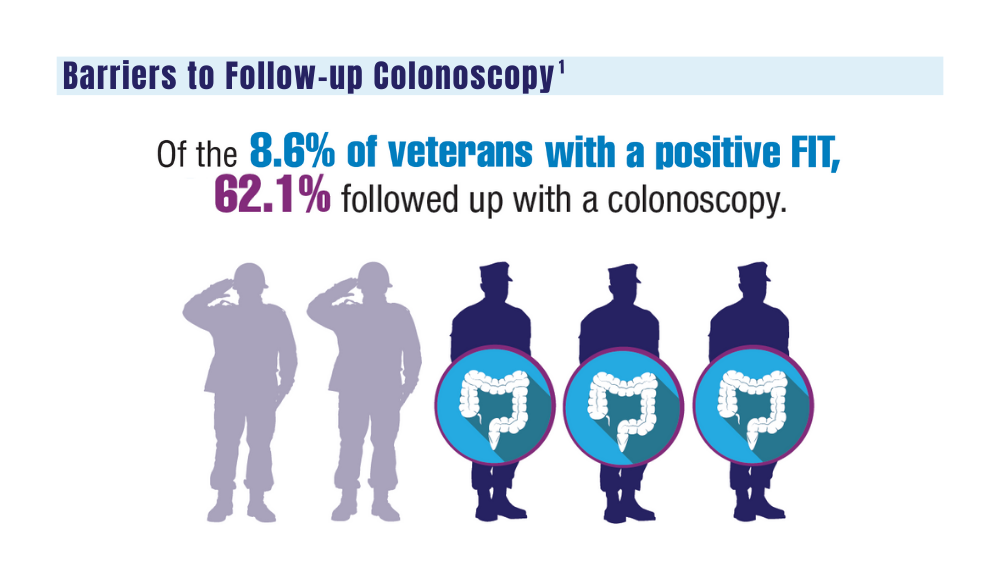
Colorectal cancer (CRC) is frequently diagnosed in patients who have a positive fecal immunochemical test (FIT), leading to a significant concern regarding missed colonoscopies.
-
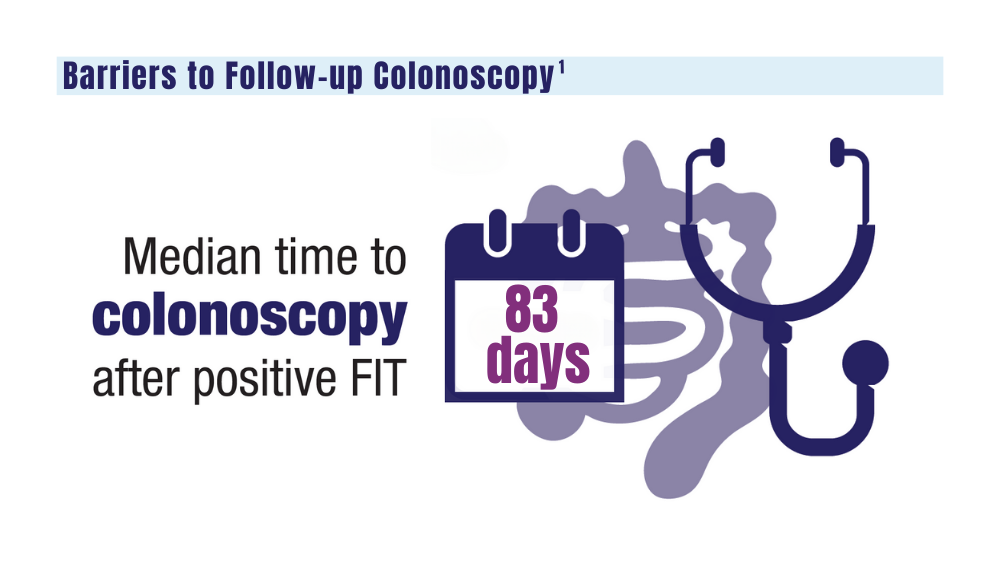
-
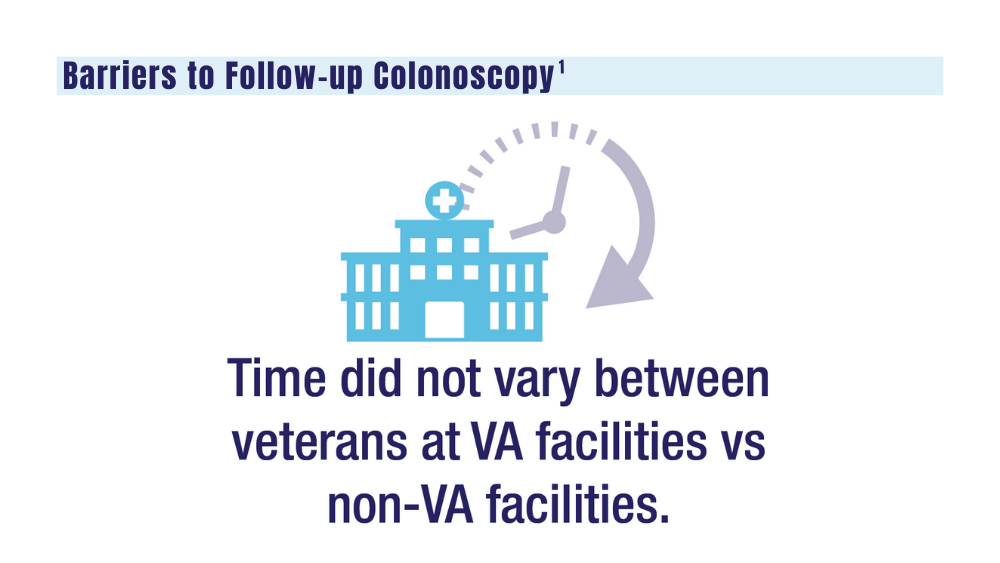
-
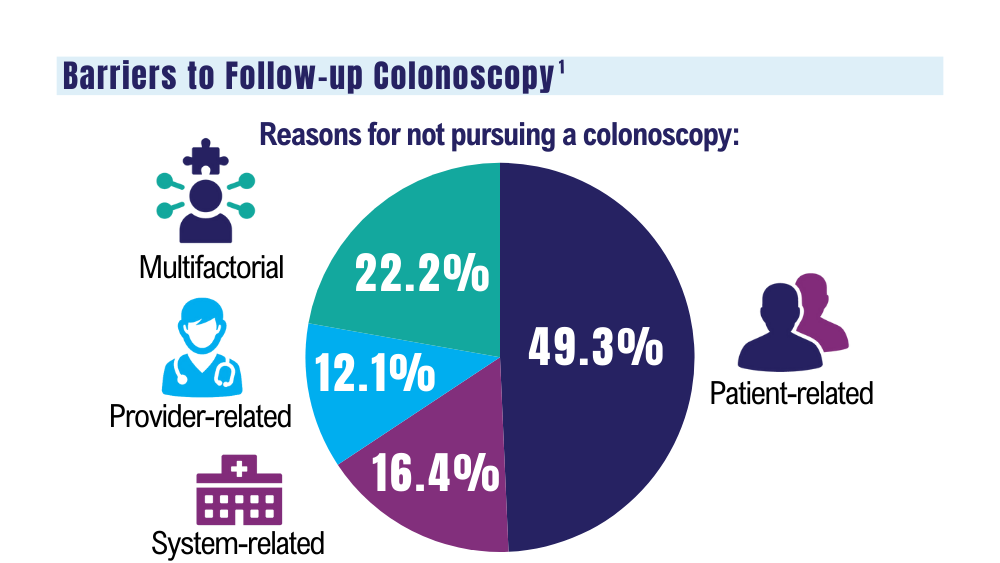
Although factors like scheduling conflicts and a lack of transportation prevent some veterans from undergoing colonoscopies, a recent analysis showed the most common reason is that patients simply chose not to follow up. Interventions are needed to reverse patient hesitancy to increase colonoscopy completion following a positive FIT.
-
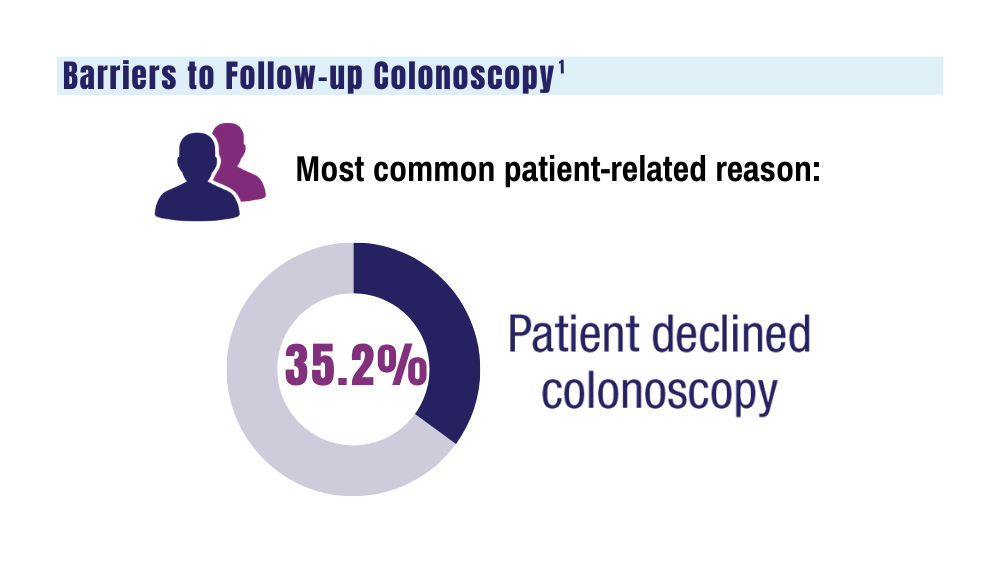
-
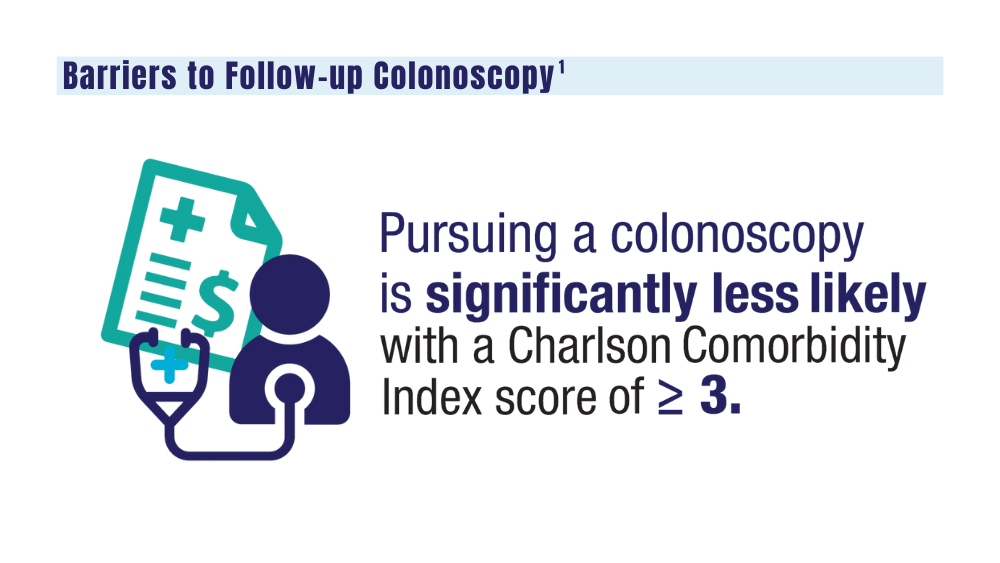
-
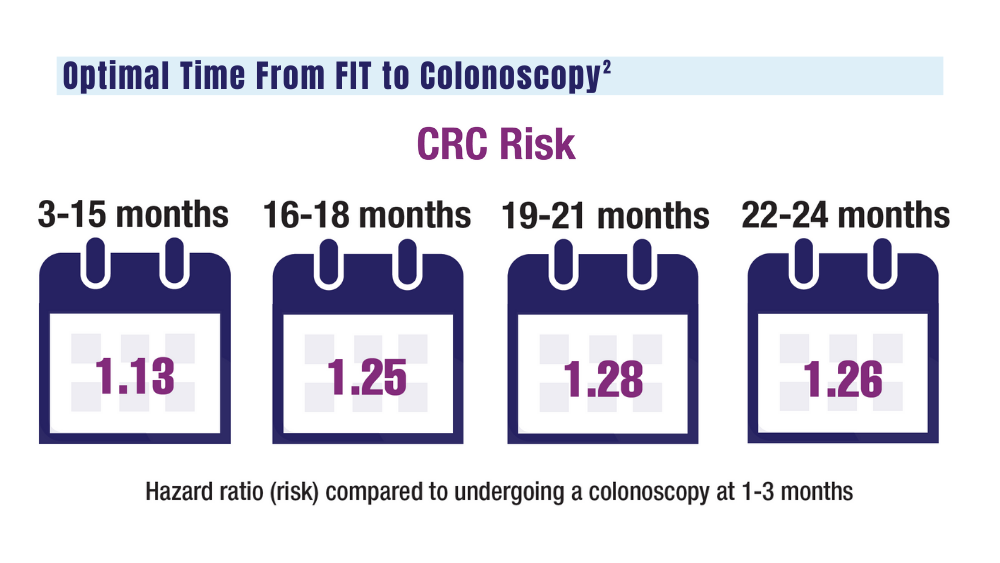
Delay in undergoing a colonoscopy after a positive FIT is associated with a higher risk of CRC death and late-stage CRC. Interventions to improve CRC outcomes should prioritize scheduling a colonoscopy within 1 year of an abnormal FIT result.
-
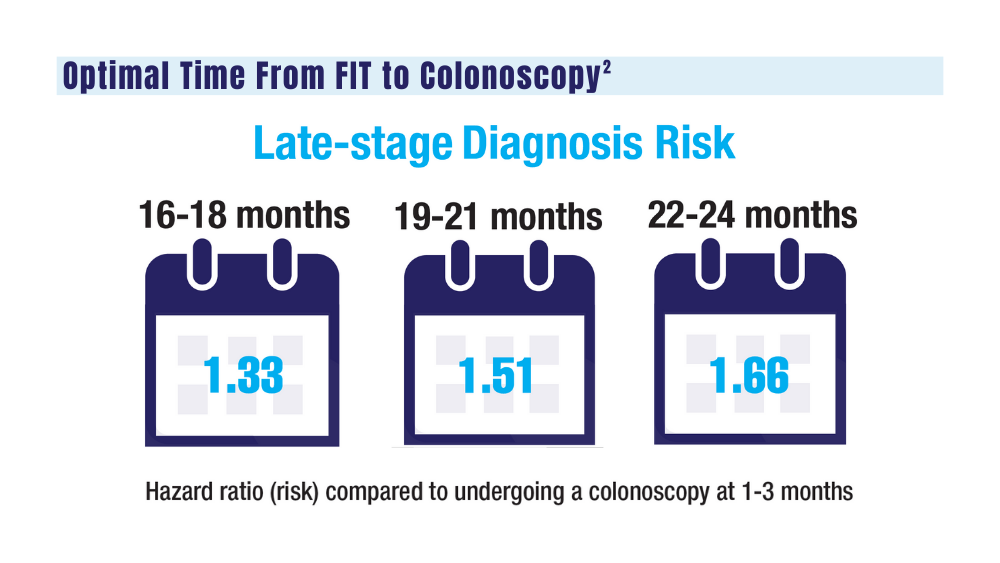
-
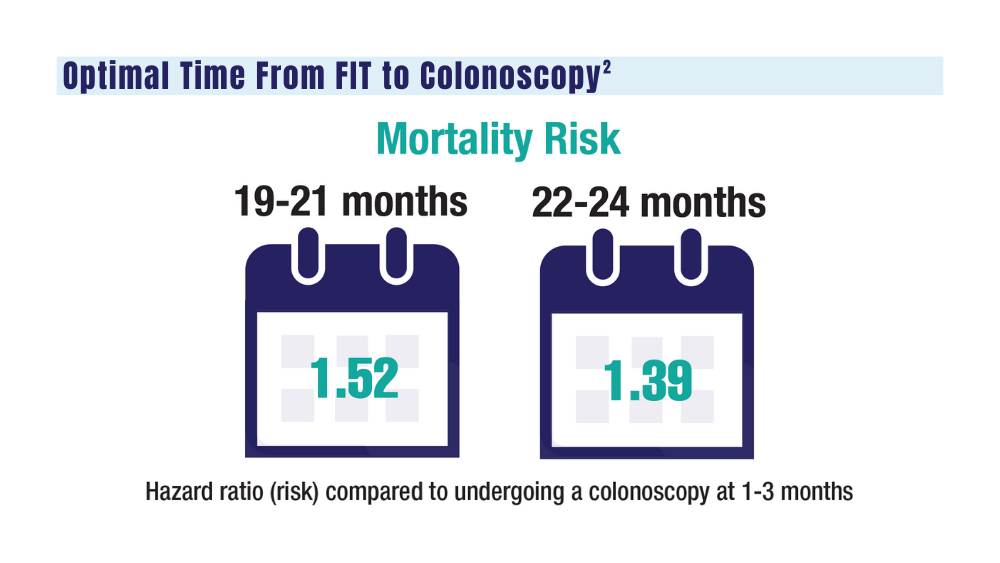
-
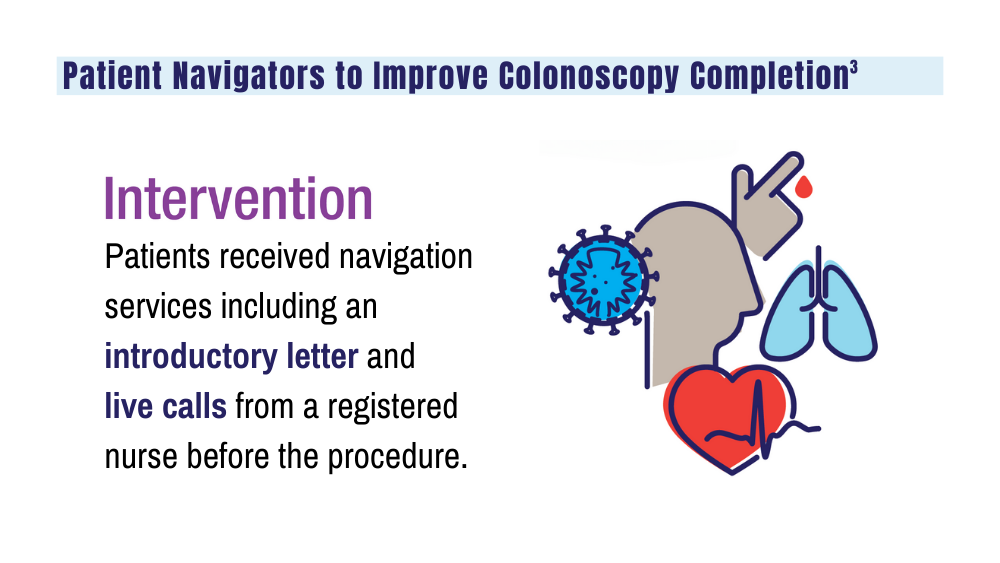
Patient navigators improved completion rates of colonoscopy after a positive FIT, while also reducing the time to schedule the procedure and the number of missed appointments. This intervention presents the potential to help mitigate delayed or missed colonoscopies after a positive FIT.
-
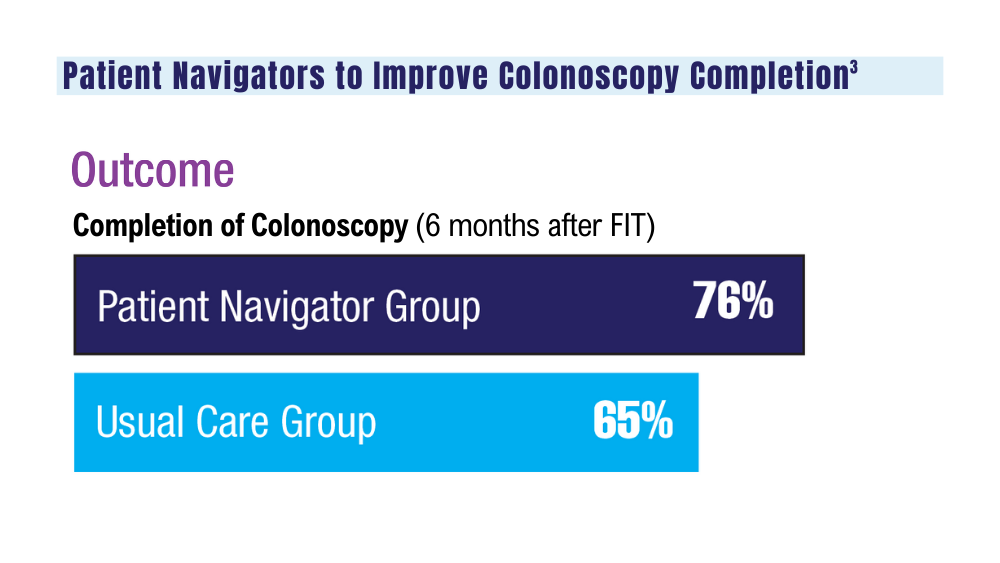
-
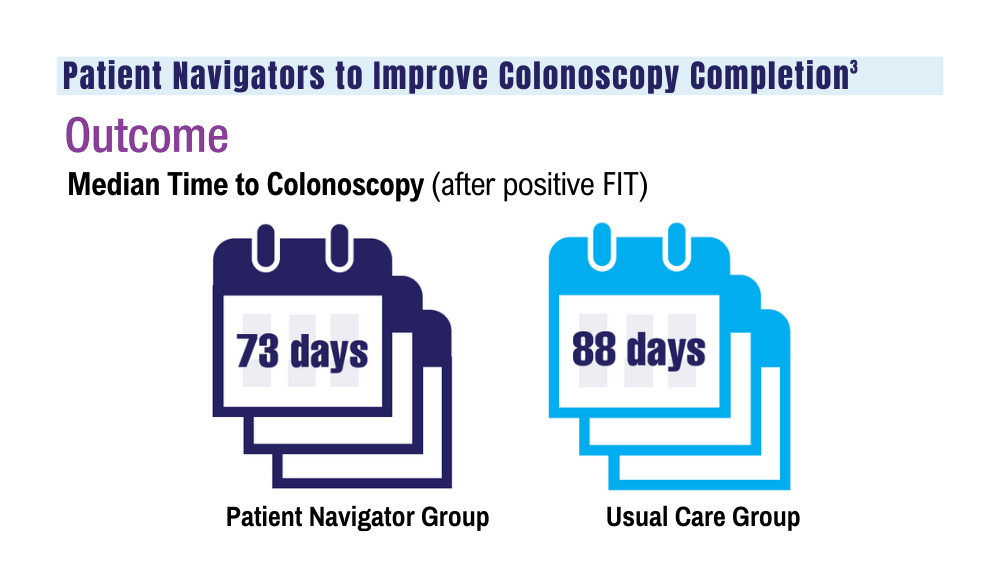
-
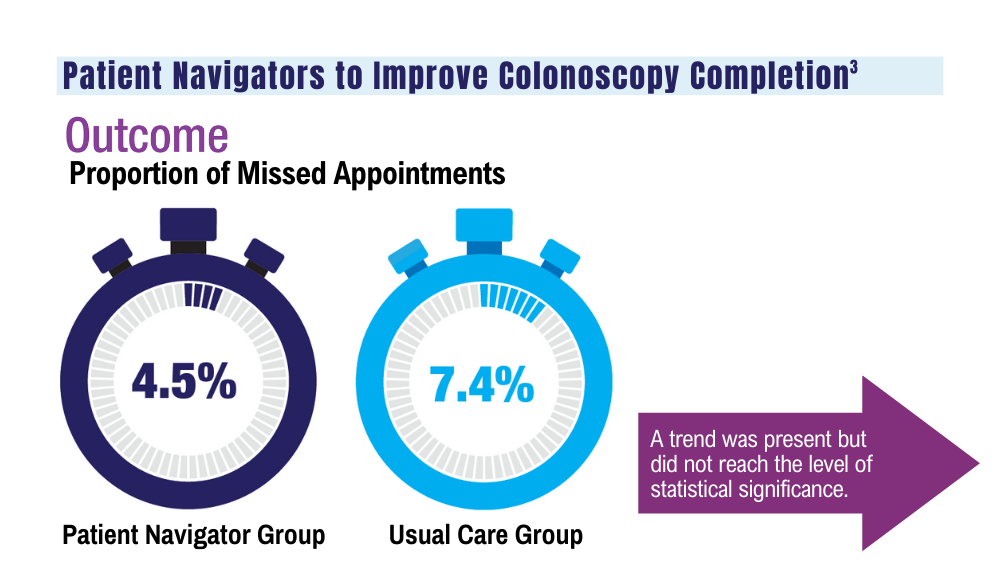
-
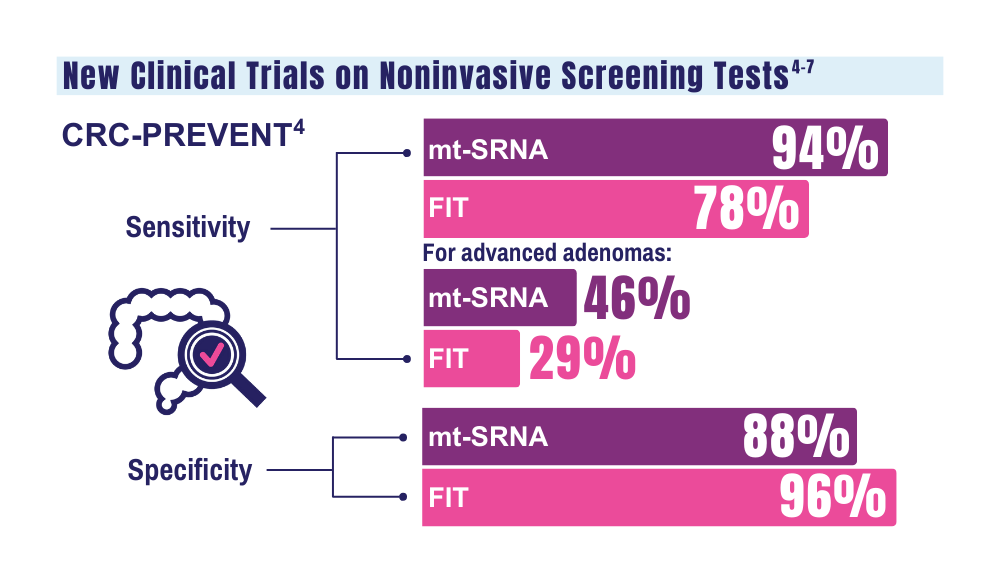
Several stool-based tests (multitarget DNA and RNA) are being tested with improved sensitivity and specificity compared to current screening methods. Liquid biopsy, or blood-based testing, is also under development. These less invasive screening methods should increase access to CRC screening.
-
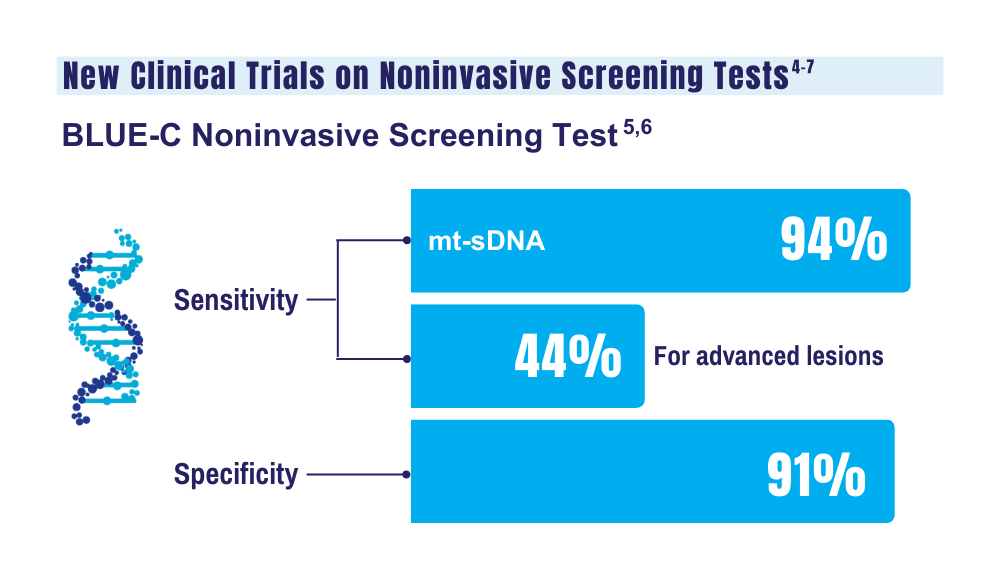
mt-sDNA, multitarget stool DNA; mt-sRNA, multitarget stool RNA
-
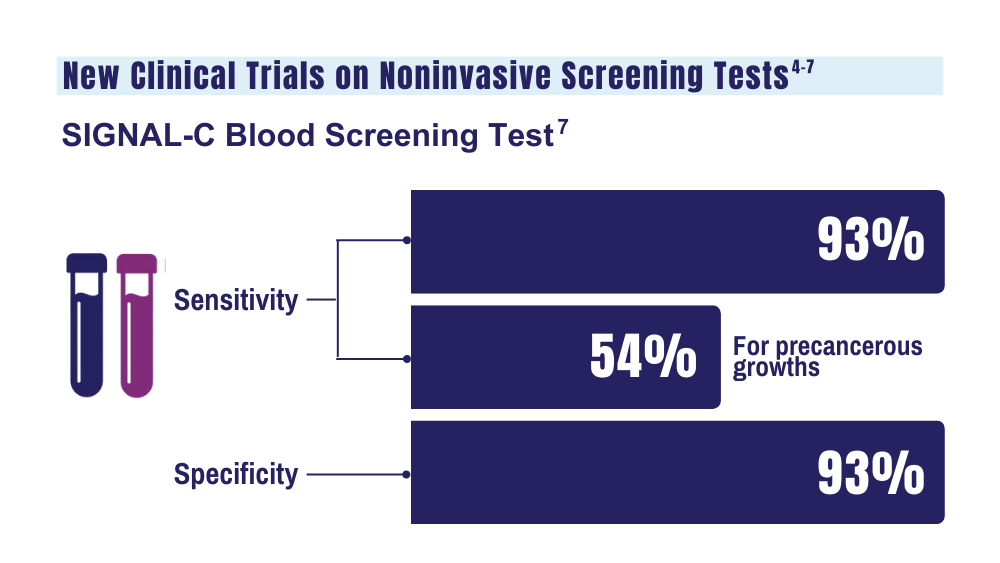
The SIGNAL-C blood screening test uses a combination of circulating tumor DNA (ctDNA) methylation and fragmentation with single targeted sequencing analysis and advanced computational biology and machine learning algorithms.

